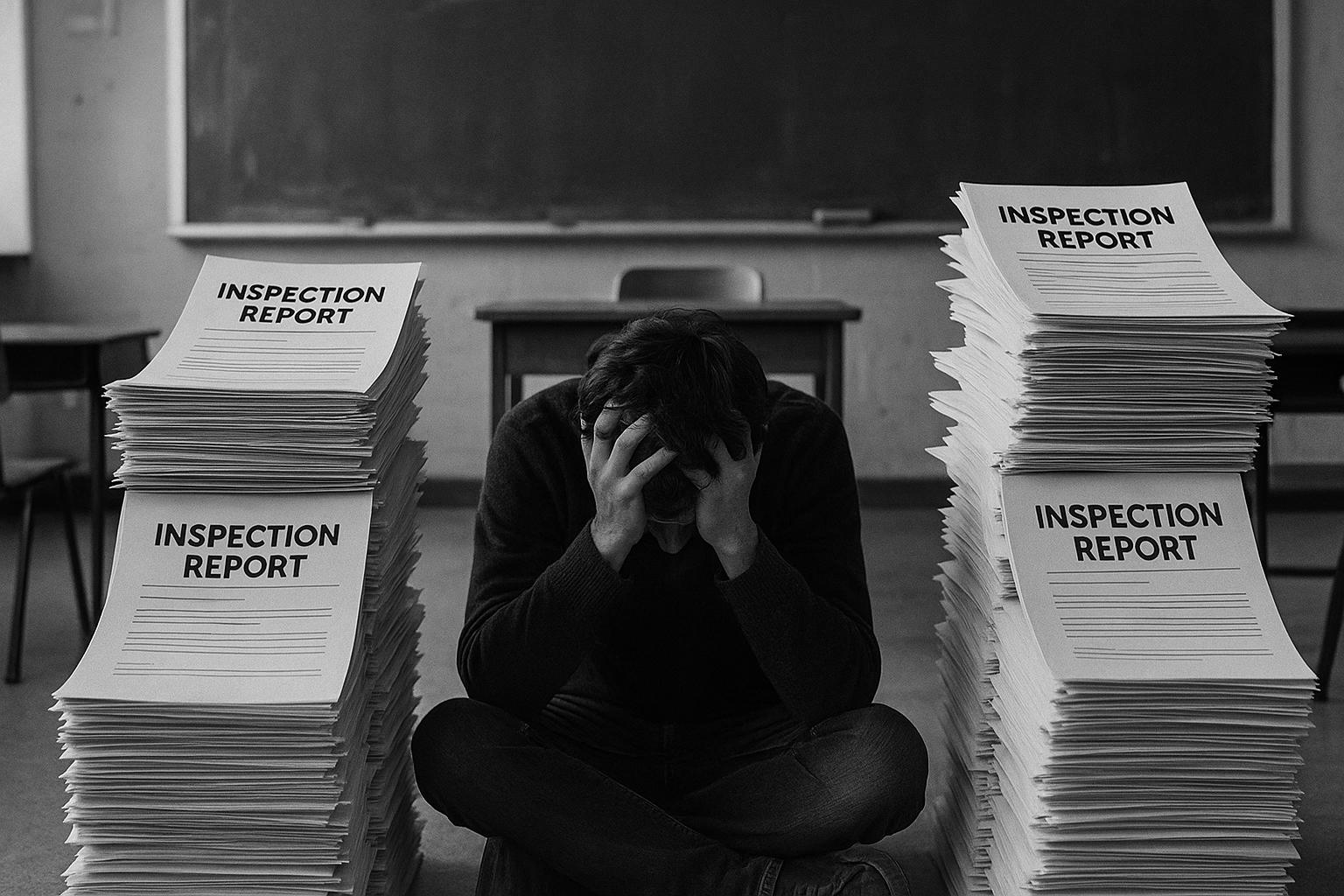Ofsted is set to implement significant changes to its school inspection system later this year, aiming to provide a more detailed assessment framework and clearer information for parents. However, the reforms have sparked serious concerns among teachers, school leaders, and education unions, who fear the new approach perpetuates a high-pressure, punitive environment without adequately addressing long-standing issues such as staff mental health.
The revised inspection framework will assess schools across at least seven categories, including a newly introduced 'inclusion' measure. Schools will receive one of an expanded range of five grades, presented in a colour-coded report card designed to be more accessible and understandable for parents. This marks a departure from the traditional one-word judgements like 'outstanding' or 'inadequate,' which critics have long argued lack nuance and fail to accurately reflect school performance. Independent polling commissioned by Ofsted reported that nearly 70% of parents preferred the new report cards, with almost 90% finding them easier to understand.
Yet, a snap poll conducted by the National Education Union (NEU) of over 1,500 teachers and school leaders reveals deep dissatisfaction with the changes. Nearly nine in ten respondents expressed doubt that the new inspection system would mitigate the detrimental impact of Ofsted inspections on the mental health of school staff. Many questioned the feasibility of adequately evaluating seven different areas during a single inspection visit, raising concerns about the reliability of assessments under tight time constraints. Furthermore, a large majority felt that the nine weeks’ notice before the new framework’s introduction was insufficient for schools to prepare, prompting calls for a postponement to allow proper consideration.
The mental health risks linked to high-stakes inspections have been tragically underscored by recent events. Ruth Perry, a headteacher whose school’s rating was downgraded from ‘outstanding’ to ‘inadequate’ following an inspection, died by suicide in 2023. Her case has become a focal point in debates about Ofsted’s approach, with her sister and education leaders describing the overhaul as a missed opportunity to reform a system that can be harmful. The NEU general secretary, Daniel Kebede, criticised the reforms as a “rehashed version of a punitive, high-stakes system that has been proven to pose a risk to life,” urging the education secretary to intervene before further damage is done.
Adding to the controversy, the National Association of Head Teachers (NAHT) has launched legal action against Ofsted over these changes, arguing that the increased pressure and accountability requirements threaten the wellbeing of headteachers and staff across the country. Concerns have also been raised about the expanded number of graded sub-judgements possibly resulting in more schools being subjected to continuous monitoring, further heightening stress levels.
Ofsted has responded by emphasising its commitment to improving the inspection process in the interests of children, parents, and education professionals alike. Chief inspector Sir Martyn Oliver recently engaged with over 900 school leaders to explain the reforms. The watchdog highlighted independent research showing parental support for the new reporting approach and commissioned a wellbeing impact assessment to inform its implementation. To address workload concerns, Ofsted plans to add an extra inspector to each visit.
Nevertheless, many educators remain unconvinced. Teachers reporting feelings of anxiety, distress, and fear underscore the systemic challenges the reforms do not yet resolve. A headteacher voiced the fear that increasing workload and pressure might drive more experienced leaders out of the profession, saying: “It’s changes like these that leave me thinking I don’t want to be a head anymore!”
In the wider context, critics have called for a fresh start to developing a more reliable and supportive inspection process that moves away from the damaging effects of high-stakes accountability. The debate continues over whether Ofsted’s new framework will mark genuine progress or entrench the stress and fear that have become endemic in school inspection culture.
📌 Reference Map:
- Paragraph 1 – [1], [4]
- Paragraph 2 – [1], [3], [4], [6]
- Paragraph 3 – [1], [5]
- Paragraph 4 – [1], [2], [5]
- Paragraph 5 – [1], [2], [5]
- Paragraph 6 – [1]
Source: Noah Wire Services
